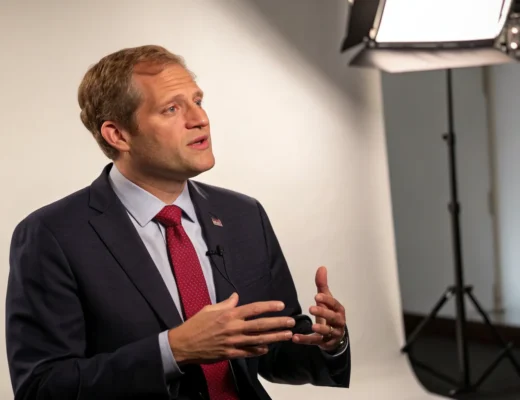The inflation rate remains above the Bank of England’s target of 2%, raising doubts about back-to-back rate cuts in September. CPI services price inflation dropped from 5.7% in June to 5.2% in July, which was more than expected.While UK headline inflation ticked higher in July, to 2.2% from June's 2%, this is below the consensus forecast of 2.3% and should detract from the progress that continues to be made overall.
— Mohamed A. El-Erian (@elerianm) August 14, 2024
Specifically, British core inflation fell from 3.5% in June to 3.3%, while services…
Grant Fitzner, the ONS’s Chief Economist, said, “Inflation ticked up a little in July, as domestic energy costs fell but not as much as last year. This was partially offset by hotel costs, which fell in July after strong growth in June.”Core CPI inflation (which excludes volatile food and energy) was moderate for the third straight month in a row in July. At an annual rate:
— Jason Furman (@jasonfurman) August 14, 2024
1 month: 2.0%
3 months: 1.6%
6 months: 2.8%
12 months: 3.2% pic.twitter.com/QtwkGJErC5
The latest data indicates that prices continue to rise faster across the country compared to earlier this year, but the rate of increase is still slower than during the peak cost crisis in 2022 and 2023.Policy makers will look through small headline rise to welcome sharp fall in services inflation – @LalithaTry responds to the latest @ONS prices data https://t.co/YdIP1sWfXr pic.twitter.com/Hd3advgqch
— Resolution Foundation (@resfoundation) August 14, 2024
Earlier in August, the Bank of England’s monetary policy committee voted to cut interest rates by a quarter point to 5%.UK #inflation edged up from 2.0% to 2.2% in July, but this was a bit less than feared given the base effects (energy bills fell by less than they did last year).
— Julian Jessop FRSA (@julianHjessop) August 14, 2024
The 'core' rate (ex. food & energy) fell by more than expected, from 3.5% to 3.3%, and services from 5.7% to 5.2% ?







